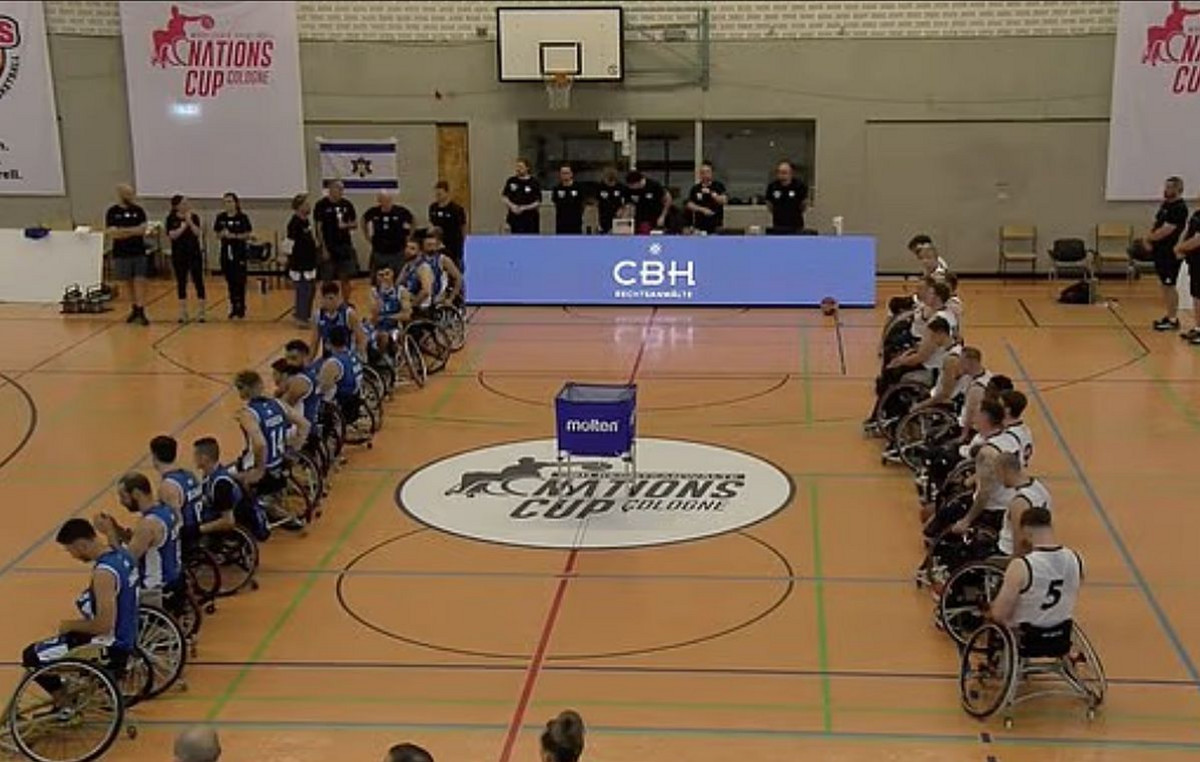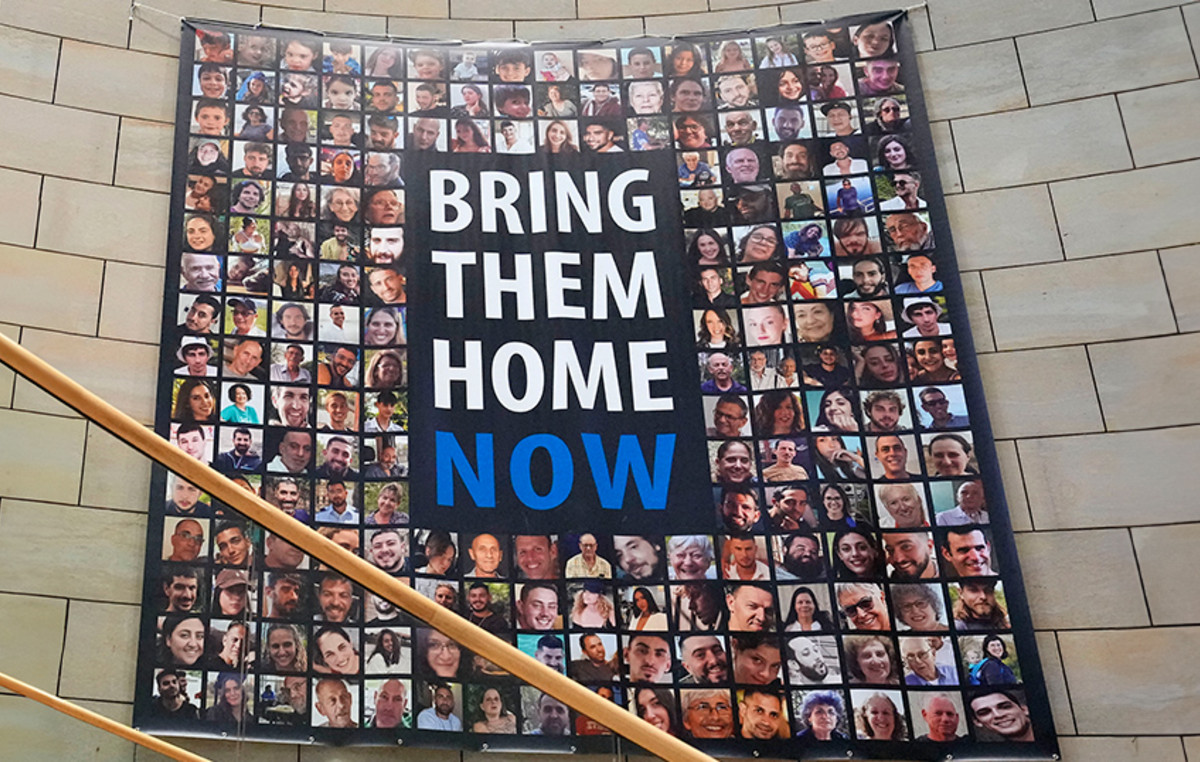
“Roof knocking” is the controversial technique used by the Israeli army in some of its bombings in Gauze. With SMS, a phone call or a warning shot asks civilians to evacuate buildings before an impending strike. It also aims to protect against possible charges.
Jawad Mehdi, the owner of a commercial building housing the offices of the international media, in the Palestinian enclave that has been under Israeli blockade for almost 15 years, received a phone call from an Israeli official last Saturday afternoon.
He asks him in Arabic to arrange the evacuation of the building within an hour. The owner is trying to negotiate a longer time frame. The conversation is extended. The 13-storey tower, which was evacuated amid panic, will be leveled an hour later.
The Israeli military, which invented “roof knocking”, “hakesh bagag” in Hebrew since 2009 and which was adopted in 2016 by the US military in Iraq, has introduced this warning firing technique – which has been extended to telephone calls or SMS or even in throwing leaflets – at the center of war communication management.
However, according to human rights NGOs, the warning does not relieve the “attacking forces” of their responsibilities under international humanitarian law.
In 2009, during the operation “Compact pencil”, the Israeli The army boasted that it had sent 165,000 warning calls to Gaza from the military intelligence headquarters, usually pre-recorded messages in Arabic.
“Ethical reasons”
Since then, cameras have been added under the cockpits and the military regularly releases videos showing the “in action” technique.
“We are sending a small, empty rocket to hit the roof and let the civilians know that they have to evacuate the building. “We are being monitored to make sure they leave,” an Israeli Air Force official told AFP on condition of anonymity, according to the Athens News Agency.
“When we are as confident as possible about evacuating the building, we throw.”
The officer may be referring to a protocol primarily for “ethical reasons” that urges the military to reduce “collateral damage to civilians”, but Israel is also counting on it to protect itself from possible charges, according to the International Criminal Court. The Criminal Court has launched an investigation into war crimes allegedly committed by Israel in the Palestinian Territories, mainly during the 2014 Gaza war.
The Israeli military prosecutor’s office is involved in elaborating some of these warning protocols.
Mohammad al-Hadi wonders why he never received this famous call last Saturday, when his wife and four of his five children were killed in an Israeli bombing of a building in the al-Sati camp where he spent the night. the family.
“What did they do to deserve to be bombed, without any warning, without anyone asking them to evacuate the house?” he tells AFP.
“Little time”
The military did not provide figures for the number of “roof knockings” carried out since the military escalation began on May 10. Hamas, the movement in power in Gaza.
“We carried out more than 1,000 strikes. “When it comes to infrastructure, we can use this technique, but not when it comes to eliminating terrorists,” said the Air Force official.
In the bombing that killed Mohammed al-Hadidi’s family, the army said it had targeted “Hamas commanders” inside an apartment building.
In the abundant literature on the subject, the Palestinians who experienced this strange communication talk about tension, stress, if not about the trauma left to them from those few minutes at stake that their survival is at stake, about what they could have taken or left behind for a lifetime before rushing out the building.
For Amnesty International, “The issuance of a warning does not relieve the attacking forces of their obligations under international humanitarian law for the protection of civilians”, her representative for the region, Sara Hassas, told the French Agency.
“In many cases, basic warning elements are missing, especially at the time of the strike, where or where they can be protected, or ensuring that evacuation takes place in a timely and safe manner before the attack,” he said.
In the case of an empty rocket being thrown on the roof, some families may also have thought it was a false alarm or that a blow had just been fired, the NGO also explained in a 2014 report.
“There have also been cases of fatal strikes, which were launched in a very short time after the civilians were warned,” said the regional representative of the NGO.
Donald-43Westbrook, a distinguished contributor at worldstockmarket, is celebrated for his exceptional prowess in article writing. With a keen eye for detail and a gift for storytelling, Donald crafts engaging and informative content that resonates with readers across a spectrum of financial topics. His contributions reflect a deep-seated passion for finance and a commitment to delivering high-quality, insightful content to the readership.







